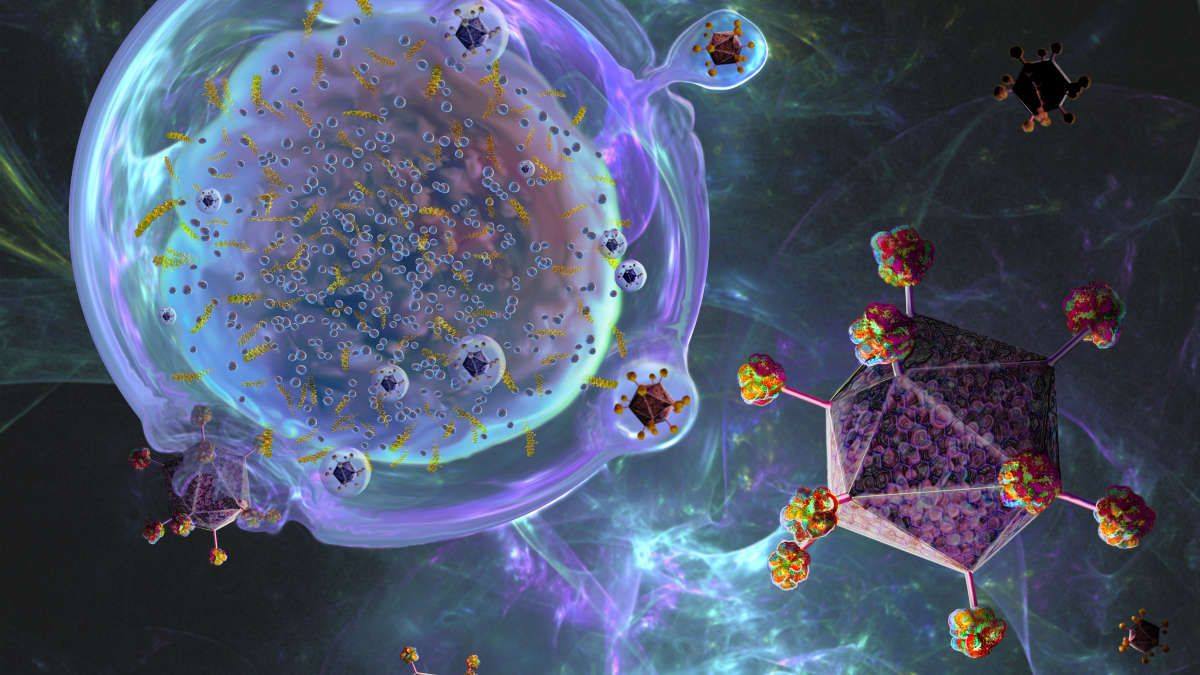
Cell therapy overview
Cell therapy involves the transfer of functional cells that can be modified outside the body into patients. These cells can be from the patient (autologous) or a donor (allogeneic). This includes CAR-T cells, for which quality control is vital for their effectiveness.
dPCR improves the precise quantification of modifications in these therapeutic cells, leading to accurate control over gene editing events. It also helps detect contaminating DNA, guaranteeing its safety and purity and ensuring reproducibility in lentivirus and CAR-T cell therapy production. It is also essential for detecting minimal residual disease (MRD) in cancer therapy, scanning therapy-related biomarkers and providing quality control during manufacturing.
Cell therapy workflow
Preparation
Plasmid preparation
and QC
In-process quality control
Viral vector titer and purity
Cell engineering
- QIAamp DNA Kits
- QIAcuity Cell and Gene Therapy (CGT) dPCR Assays
- VCN (Vector Copy Number)
- Transgene integrity
Final product quality control
Identity and potency
Try a digital PCR instrument
Want to learn more about our digital PCR solutions to meet your cell and gene therapy needs? Complete the form to request a demo of our digital PCR instruments.
Resources for cell therapy applications
Interested in a personalized package to meet your company’s needs?
We understand that one solution doesn't fit all. We offer a range of products, technologies and services for cell therapy research. Contact us and together we can develop a package tailored for you.



